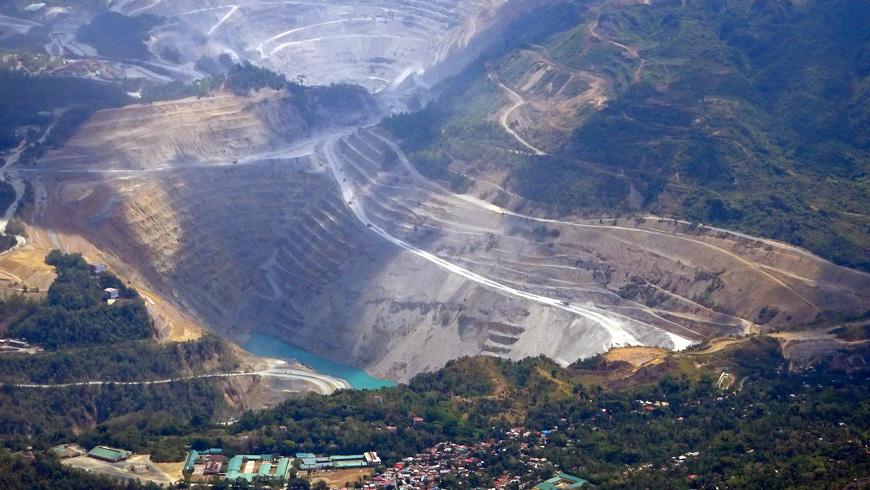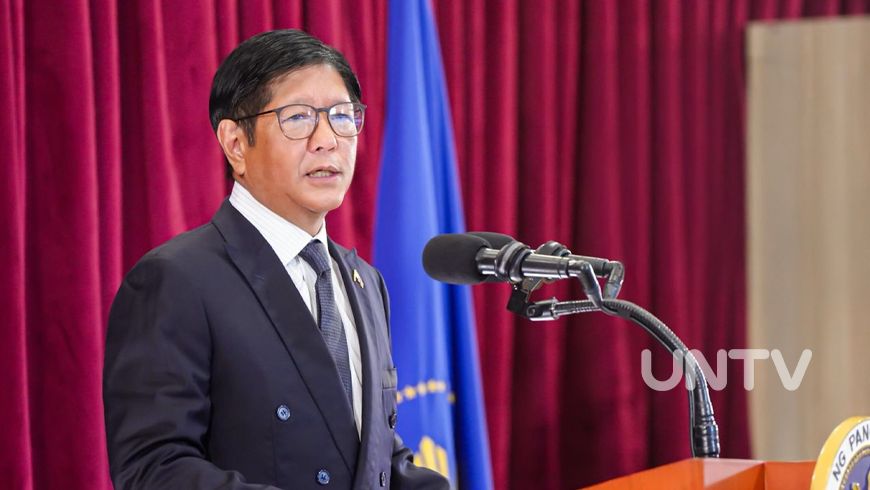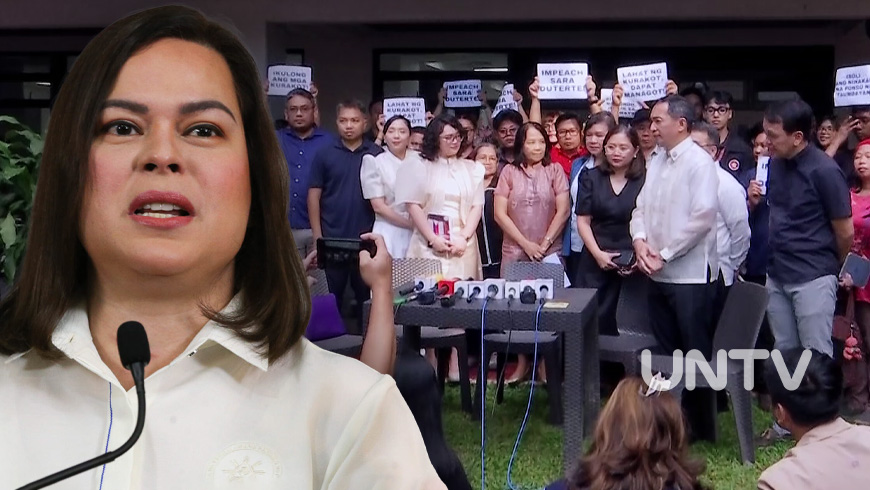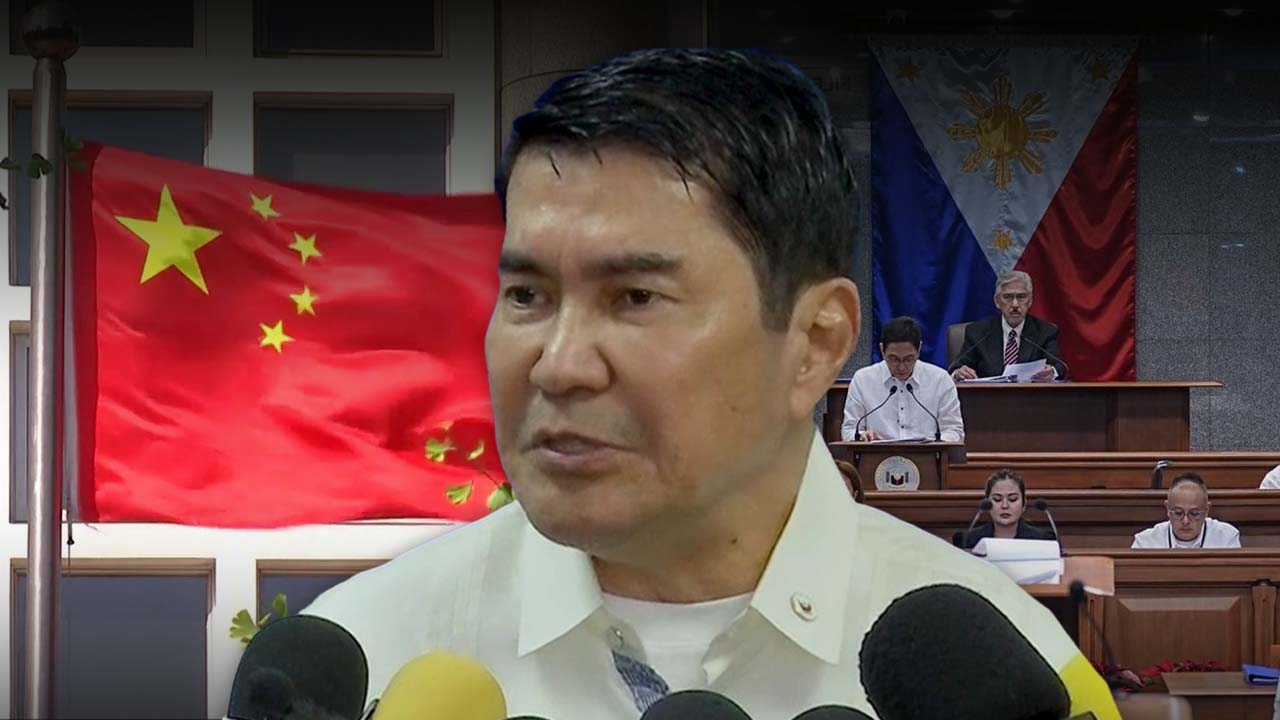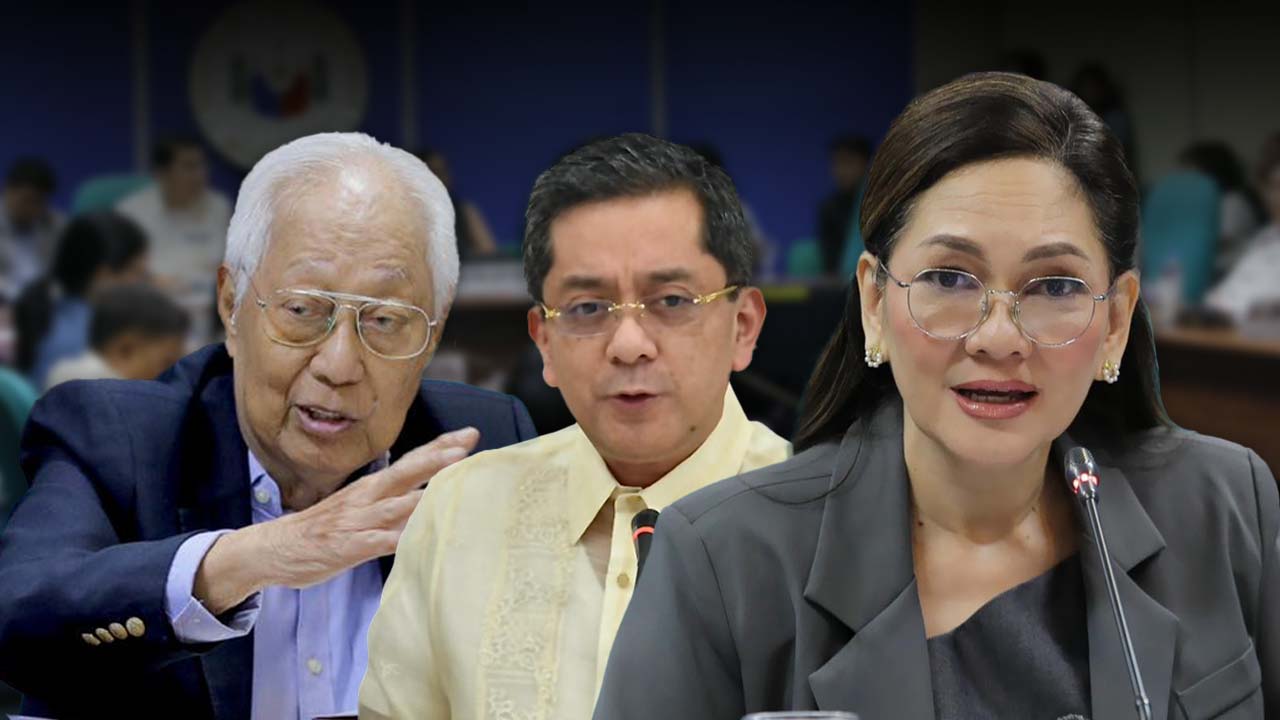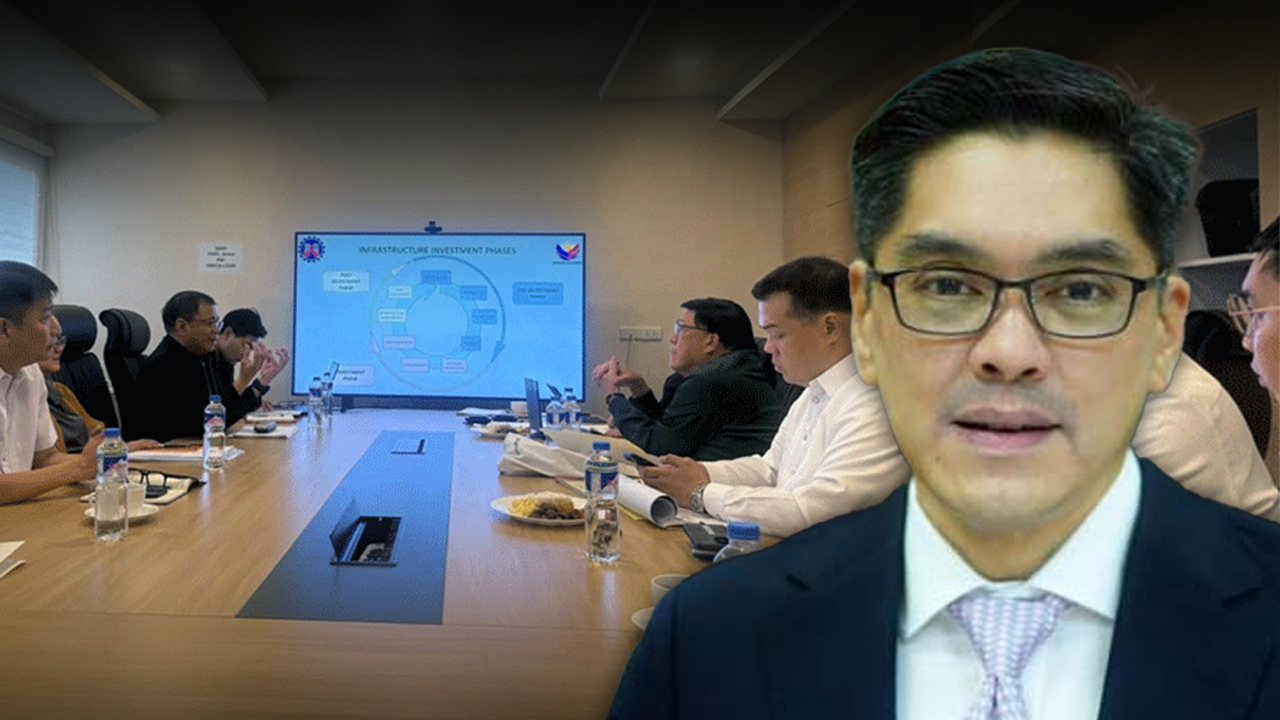President Ferdinand “Bongbong” Marcos Jr. has signed a landmark piece of legislation, Republic Act No. 12253, or the Enhanced Fiscal Regime for Large-Scale Metallic Mining Act. This new law dramatically updates the tax rules for big mining companies in the Philippines, promising a more equitable distribution of the nation's mineral wealth.
Driven by the goal of ensuring the government and Filipino people receive a fair share of revenues, this reform is expected to generate an additional ₱25.08 billion in revenues from 2026-2029, or approximately ₱6.26 billion annually.
The new regime, which applies to all large-scale metallic mining operations, introduces a tiered, profit-based royalty system. For mines operating outside mineral reservations, royalties will range from 1% to 5% of income, with a minimum royalty applying even when profits are low or zero.
Mines inside mineral reservations will continue to pay a 5% royalty on gross output. A significant new feature is the Windfall Profits Tax, an extra levy of 1% to 10% on profits that exceed a high margin, ensuring the government captures a larger share during commodity booms.
Crucially, the law implements stringent measures to enhance transparency and oversight in the mining sector. It establishes a "Ring-Fencing Rule," treating each mining site as a separate taxpayer.
This prevents companies from offsetting losses from one project against the profits of a more successful one, a loophole long utilized by large operators. Furthermore, the Bureau of Internal Revenue (BIR) and Bureau of Customs (BOC) are authorized to audit all mineral sales and exports, a move designed to minimize revenue leakage and ensure accurate declarations.
A central pillar of the reform is a fairer revenue-sharing scheme that directly benefits host communities. The law mandates that 40% of mining taxes will go directly and immediately to Local Government Units (LGUs).
This provision is intended to ensure that communities bearing the brunt of environmental and social impact from mining operations are also the primary beneficiaries of the wealth generated. Ten percent (10%) of royalties from mineral reservations are also earmarked for essential initiatives like mineral exploration, research, value-adding, and downstream industries.
Sponsored in the Senate by Senator Joseph Victor “JV” Ejercito, the new Act moves the Philippine mining industry toward a more stable, transparent, and competitive fiscal environment.
The combination of new taxes, stricter auditing rules, and mandated revenue sharing aims to solidify state ownership of mineral resources while attracting responsible private investment.
The law underscores the President's commitment to transforming the country’s natural assets into sustainable growth, better governance, and enduring benefits for all Filipinos.



%201.svg)











